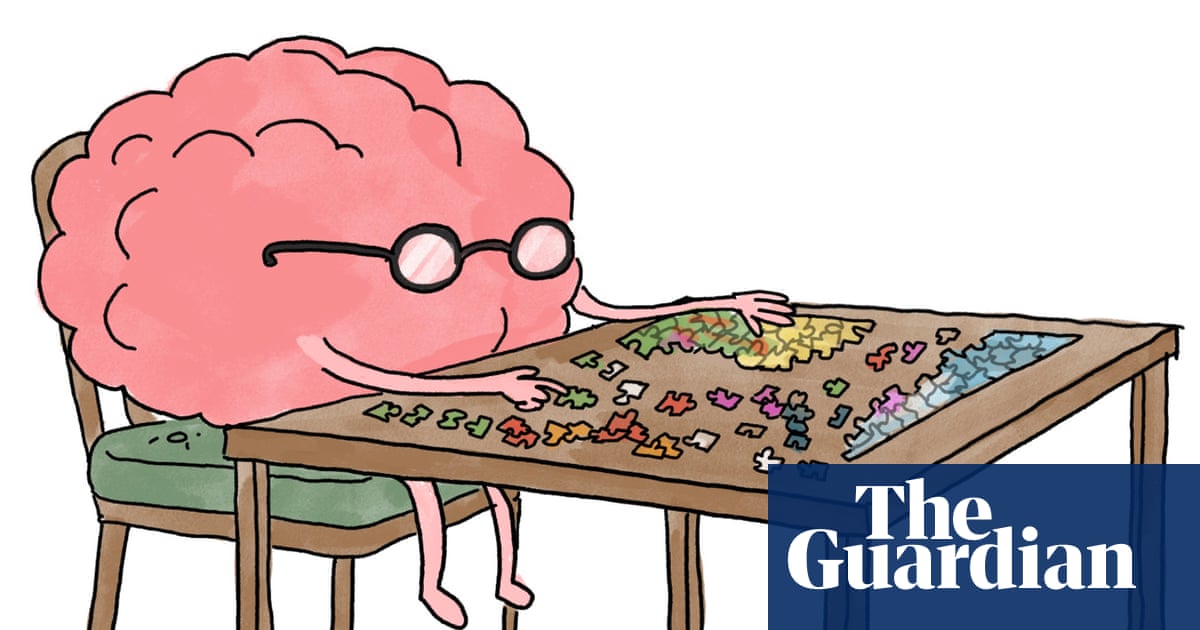
"Dementia is an umbrella term for conditions that lead to a decline in cognitive function. Some kinds have been linked to poor waste removal from the brain. Any time we perform a task, the area of the brain responsible for that task needs more blood, says Carare. That forces the blood vessels to open up and feed the brain. When they do, they also help clear waste. For both processes to work, the vessel walls need to be flexible."
"Genetics, conditions such as high blood pressure, high cholesterol and diabetes, as well as lifestyle choices such as smoking and poor diet, can lead to a stiffening of these walls, making the brain less efficient at getting nutrients in and clearing toxins out."
"That's where puzzles come in. When you do a puzzle, you engage different areas of the brain vision, association, memory, Carare says. That stimulates blood flow to those areas, even in slight"
Dementia comprises conditions that cause cognitive decline, with some types linked to impaired removal of brain waste. Performing tasks increases blood flow to the specific brain regions, supplying nutrients and aiding waste clearance. Effective nutrient delivery and waste removal depend on flexible blood vessel walls. Genetic factors, hypertension, high cholesterol, diabetes, smoking and poor diet can stiffen vessel walls, reducing efficiency. Engaging in puzzles activates visual, associative and memory networks, stimulating blood flow even in slightly compromised vessels. Maintaining vascular flexibility supports cognitive resilience and can delay onset and progression of dementia symptoms.
Read at www.theguardian.com
Unable to calculate read time
Collection
[
|
...
]